TEHRAN(Bazaar) – William O. Beeman, Professor Emeritus of University of Minnesota, says the 2023 Israel–Hamas war presents an opportunity for both the United States and Iran that could expire if the current crisis escalates or if somehow it dies down.
He adds: “The Hamas-Israel conflict has opened a new chapter in the JCPOA negotiations.”
Following is the text of the Bazaar interview with Professor William O. Beeman.
Q: In the midst of the Gaza war, Antony Blinken, the US Secretary of State announced that withdrawing from the JCPOA was a mistake because it had resolved one of the security issues with Iran. What is your assessment of his words at this time?
A: I believe that the United States (and perhaps Iran) knows that the JCPOA negotiations are inextricably tied to the current Hamas-Israeli conflict. In effect, the Hamas-Israel conflict has opened a new chapter in the JCPOA negotiations.
The United States attributes Iran with the power to "order" Hezbollah in Lebanon to open a northern front against Israel. Whether Iran could actually do this (and I believe it could not) is open to question, since Hezbollah is first and foremost a defense force protecting Shi'a communities in southern Lebanon from Israeli attacks. Hezbollah's primary concern is not with the Palestinian community, so they have no motivation to attack Israel unless Israel attacks them first. The political reality in the United States, however, is that Iran is attributed with this power of command over Hezbollah. The narrative among politicians--both Republican and Democrat--is that an attack on Israel by Hezbollah is perpetually imminent, and no rational argument can dissuade American politicians from trying to blame Iran for any violence--present or future, real or imagined, taking place in the Middle East.
The JCPOA negotiations hold out the promise of curtailing growth of Iran's military power, and that plays well in the American political sphere. If the United States can continue the JCPOA negotiations and now add the bargaining chip of an Iranian promise that it will not order Hezbollah to attack Israel from the north, this introduces a new bargaining position that is of benefit to both the United States and Iran.
Q: Josep Burrell, the head of foreign policy of the European Union, also announced after the Gaza war, said “The time for negotiations to revive the JCPOA is coming to an end and it is important to resume these negotiations. I understand how important these negotiations are for the region, especially Saudi Arabia.” How do you evaluate his words? Does it mean an attempt to immediately resume negotiations?
A: Mr. Burrell is correct, but not quite in the way he phrases it. The JCPOA negotiations have been revived by the Hamas-Israel crisis for the reasons I stated above. While the crisis is raging, Iran has an incentive to guarantee that it will not incite Hezbollah to attack Israel in return for a promise on the part of the U.S. to offer sanctions relief. Never mind that Hezbollah has no interest in starting a conflict with Israel, or that Iran doesn't actually control their actions, United States politicians either actually believe, or are willing to entertain the fiction that Iran could actually do this, and they are apparently willing to curtail this imagined future action through continued JCPOA negotiations.
This gives Iran some leverage--somewhat like the leverage they had by increasing or decreasing uranium enrichment. The Iranian government can increase or decrease the threat of attacks on Israel as leverage in the JCPOA talks.
Q: Burrell also said “Although the countries of the region and Saudi Arabia are not directly at the negotiating table, their concerns will be taken into consideration.” It seems that this is a new issue. Before this, the Arab countries demanded direct participation in the negotiations, which was met with opposition. Has something new happened? Doesn't this make the negotiation process more difficult?
A: Iran has been slowly regularizing its relationship with Saudi Arabia and the other GCC states. It should be noted that attacks against Saudi Arabia have lessened in the past year, and diplomatic relations have improved. I don't know what kinds of talks have taken place between Iran and Saudi Arabia, but my bet is that assurances have been made that have calmed the hostility that was present between Iran and Saudi Arabia. Moreover, the United States under the Biden administration is no longer running around the Gulf screaming about the Iranian danger to the GCC countries. So that political pressure from the United States has also lessened.
Q: After the Gaza war, the spokesperson of the Iranian Foreign Ministry also said “The subject of the negotiations is open within the defined framework and within the framework of the Sultan of Oman's initiative. Naturally, the situation and issue of Palestine, which has displaced regional and international priorities, can overshadow some issues or create priority and delay.” What is your assessment of these words?
A: The governments of Oman and Qatar have now set themselves up as mediators (vaseteh) in the region. This elevated status is very important to both nations, given their small size and relatively small economic and military influence in the region, so they are trying as hard as possible to be even-handed. It also benefits Iran to have an "honest broker" in these nations as mediators. As I mentioned, Iran now has a new bargaining chip for the JCPOA negotiations, and the Iranian Foreign Ministry apparently knows this. That is how I interpret the Foreign Ministry statement. They are acknowledging the role of the Sultan of Oman's initiative, but at the same time are announcing that the terms of negotiation have now changed. Actually, if the parties in the JCPOA are clever, there would be no need for delay. Immediate progress could be made, but we will see whether the interested parties have the good sense to capitalize on this opportunity.
Q: According to the words of the officials of both sides of the JCPOA, is it possible to start negotiations in the next few months?
A: Yes, given the outline I have presented above, there could be immediate progress. In fact, the sooner, the better. The current crisis presents an opportunity for both the United States and Iran that could expire if the current crisis escalates or if somehow it dies down.






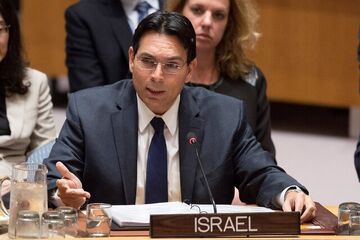
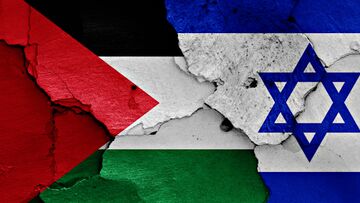



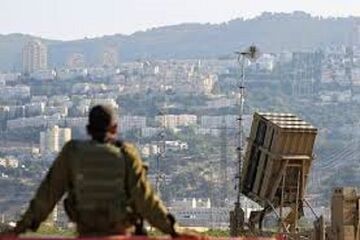
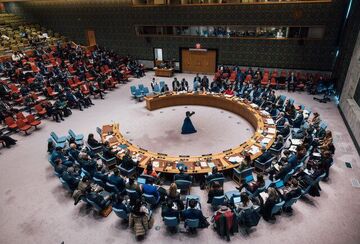
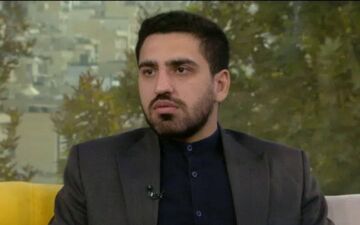

نظر شما